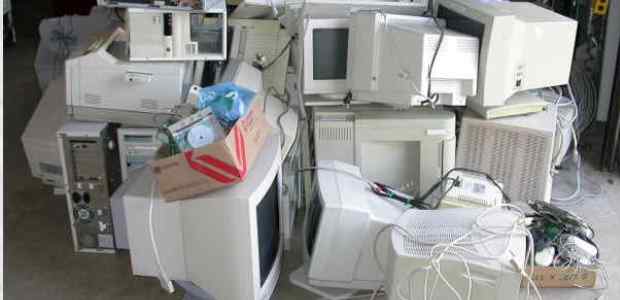
NIOSH to Study Exposures to Metals and Flame Retardants in E-scrap Recycling
The agency's Health Hazard Evaluation Program is seeking five facilities to participate. A team of industrial hygienists and medical officers will make site visits to assess workers' occupational exposures.
The NIOSH Health Hazard Evaluation (HHE) Program plans to begin a study this fall of e-scrap recycling workers' occupational exposures to metals and flame retardants and will then recommend controls to reduce exposures. In a Sept. 30 post on the NIOSH Science Blog, Diana Ceballos, Ph.D., CIH, MS, and Dr. Elena Page, M.D., MPH, both with NIOSH's Hazard Evaluations and Technical Assistance Branch in the Division of Surveillance, Hazard Evaluations and Field Studies, explain that measured exposures thus far indicate employees are being exposed to lead, cadmium, chromium, and noise while working in e-scrap recycling facilities, and that workers in facilities that process cathode ray tube glass can be overexposed to lead and cadmium.
The program is seeking five facilities that would like to participate this fall. "We plan to observe work processes and practices, and evaluate exposure controls and employee health. During the visits, a team of industrial hygienists and medical officers will assess occupational exposures to workers at each facility, including metals (such as lead, cadmium, and indium) and flame retardants (such as polybrominated diphenyl ethers and newer alternatives). We will also evaluate engineering controls such as local exhaust ventilation, and the use of work practices and personal protective equipment at these workplaces. There is no cost to the facility to participate. The findings and recommendations from these evaluations will be shared with employer and employee representatives at each facility and will be posted on the NIOSH HHE Program website," they explained.
Their post discusses a telephone survey 47 recycling facilities in the United States that indicated some have poor control of dust generating during recycling, and also that the responding facilities perform manual recycling work. The program shared this information with several organizations that administer voluntary certification standards for electronics recyclers.